Hamas: Dismantling the Dilemmas of Governance and Resistance
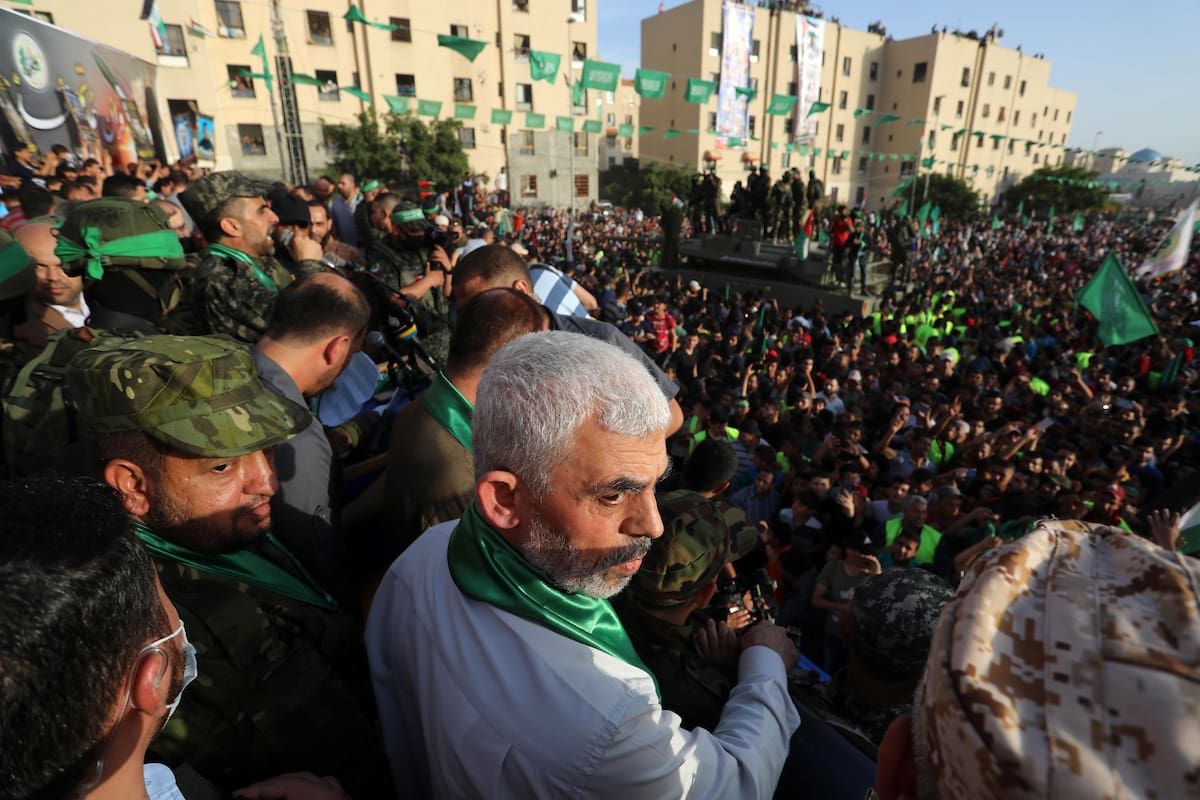
Hamas has achieved unprecedented support among Palestinians since May 2021. How has it developed as an Islamic resistance movement and as a governing body since its participation in the Palestinian political sphere in 2005? Al-Shabaka policy analyst, Belal Shobaki, investigates the ongoing fundamental dilemmas and challenges faced by the movement, and its different strategies to resolve them.
Restricting US Military Aid to Israel in the Age of Normalization
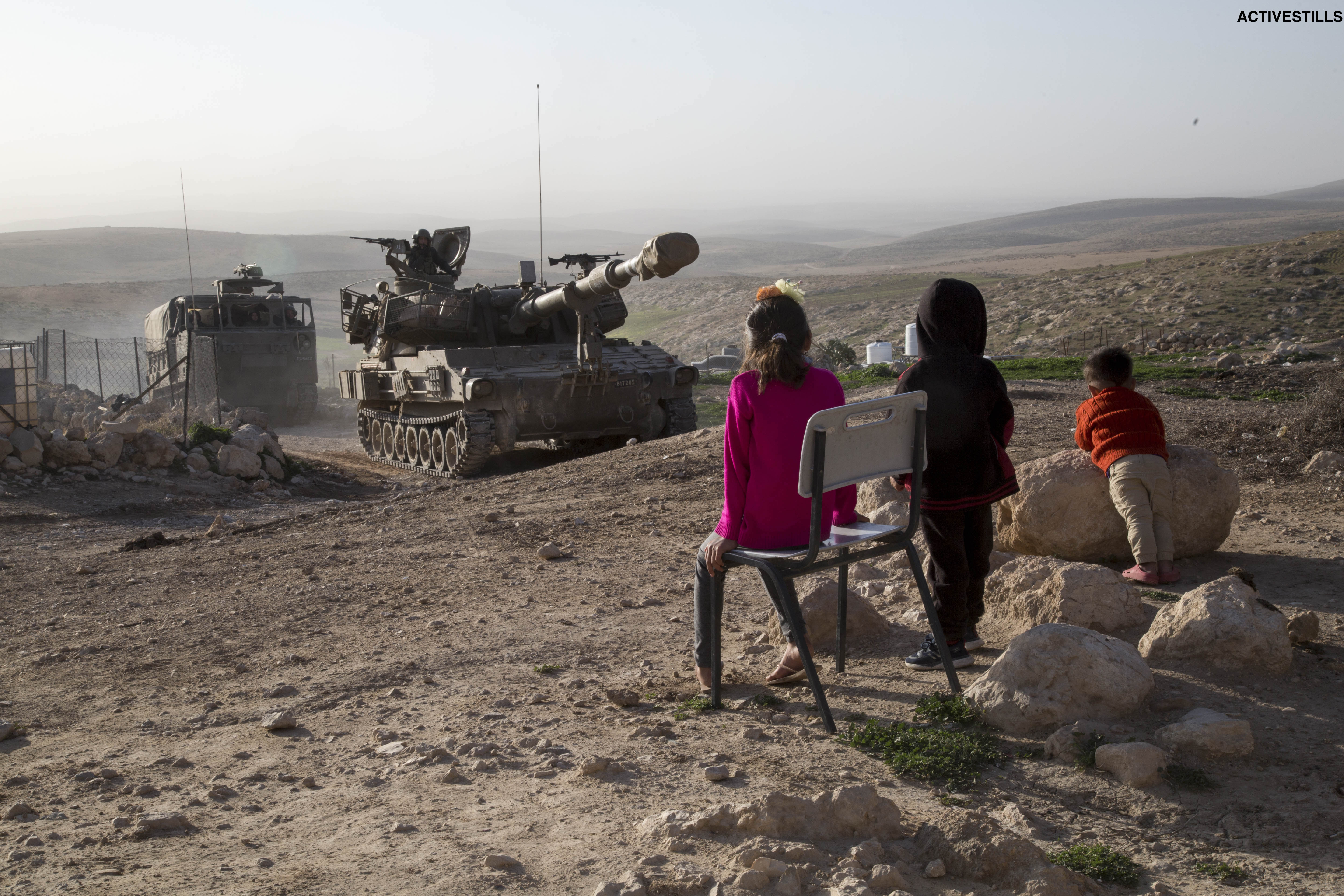
With the rise in global solidarity with Palestinians since the May 2021 Unity Intifada, United States policymakers and activists are calling for conditioning and halting US military aid to Israel. Al-Shabaka’s US policy fellow, 24507, examines this shifting tide and offers recommendations for how policymakers, lobbyists, and the international community can seize on this historic moment in the defense of Palestinian rights.
Gaza Reconstruction: Toward a Self-Determined Mechanism
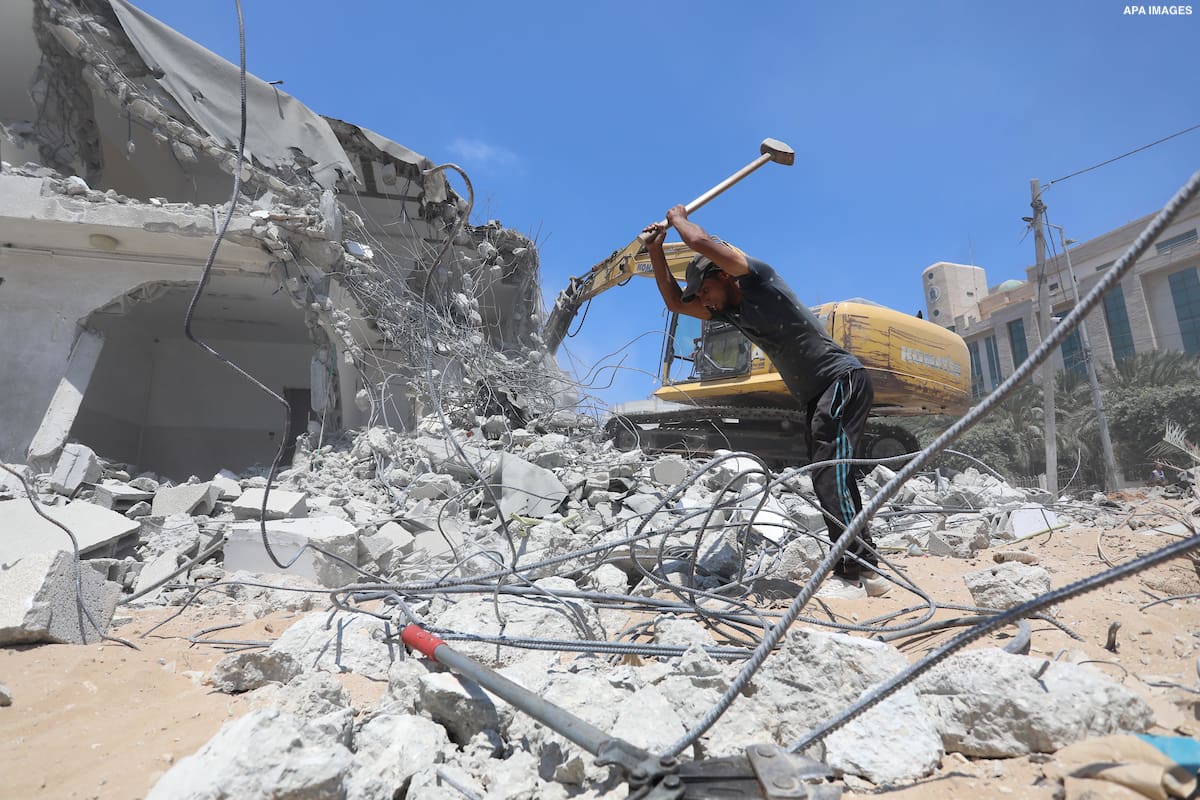
The Gaza Reconstruction Mechanism (GRM) entrenches Israel’s siege of Gaza. Al-Shabaka policy analyst, 24569, argues that Palestinians need a new mechanism that revitalizes and unifies Palestinians politically, and that pressures Israel to lift its siege. He offers recommendations to Palestinian leadership and civil society, and to the international donor community, for how to bring about this new mechanism.
The Unity Intifada: Any Role for the PLO?

The visible absence of the Palestinian Liberation Organization from the ongoing Unity Intifada has led many to question the organization’s legitimacy and relevance. Do Palestinians still need the PLO? If so, why? These questions come as Al-Shabaka publishes a critical study, “Reviving a Palestinian Power: The Diaspora and the Diplomatic Corps,” conducted by four of […]
Reviving a Palestinian Power: The Diaspora and the Diplomatic Corps
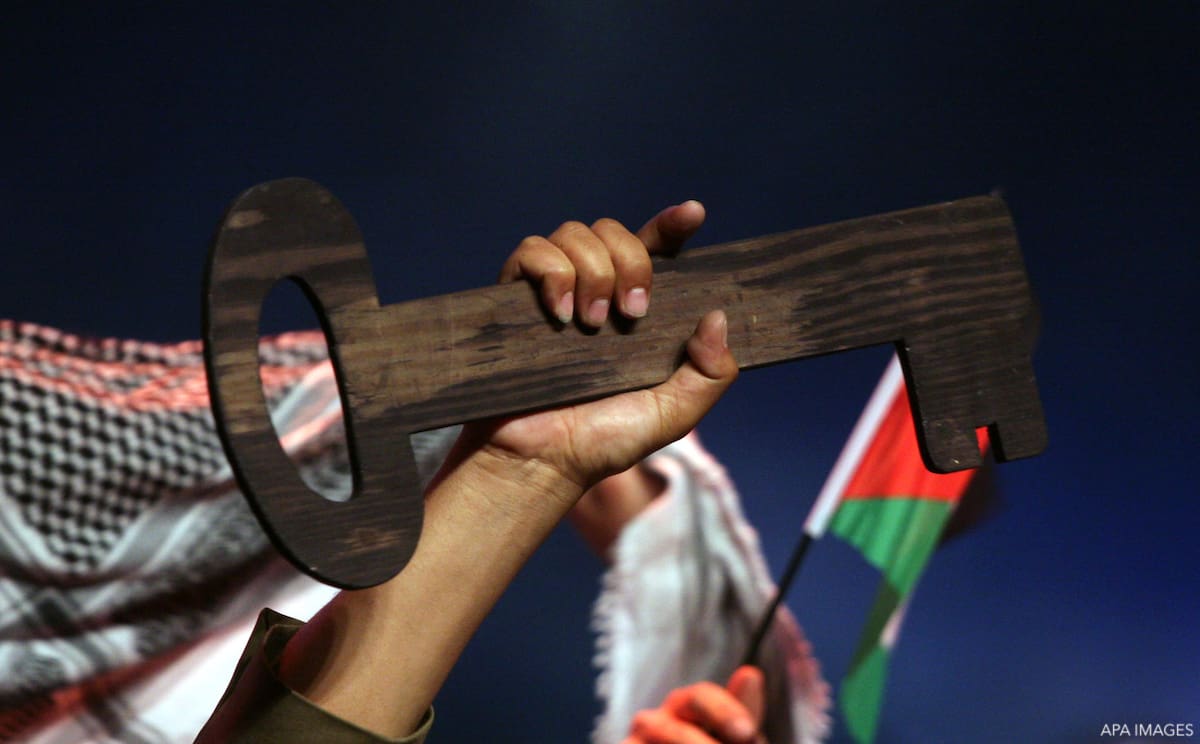
The PLO diplomatic corps is a main point of contact for Palestinian refugees and exiles. How can this help revive national aspirations? In the first study of its kind, Zaha Hassan, Nadia Hijab, Inès Abdel Razek, and Mona Younis review the corps’ legal foundations, days of glory, shifting roles, and interaction with the diaspora and solidarity groups. They present clear, doable recommendations to the PLO and to the diaspora.
Ongoing Nakba: Sheikh Jarrah, Gaza, and Historic Palestine
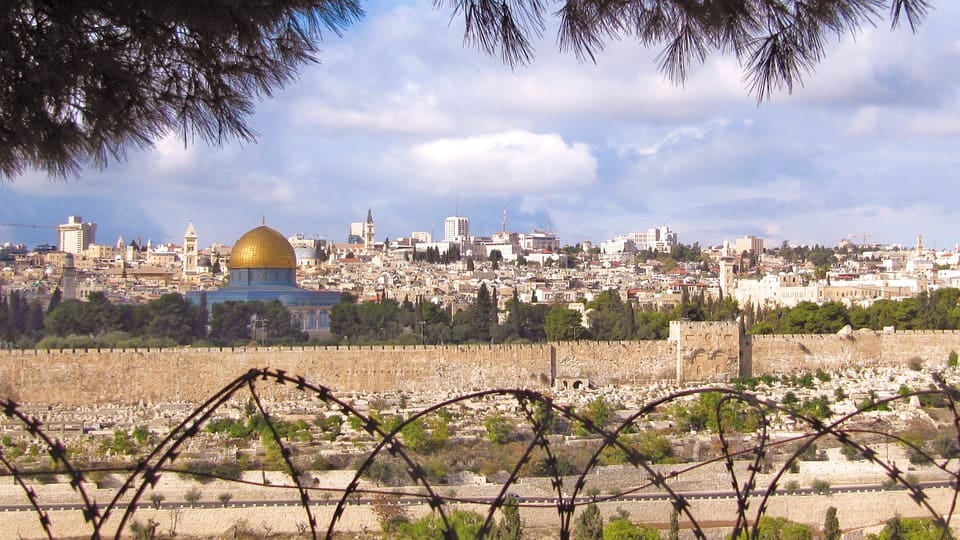
The dramatic events that have taken place the last few weeks in Gaza, Jerusalem, and across historic Palestine have been unfolding as Palestinians commemorate the 74th year of the Nakba on May 15.
The Revival of People-to-People Projects: Relinquishing Israeli Accountability
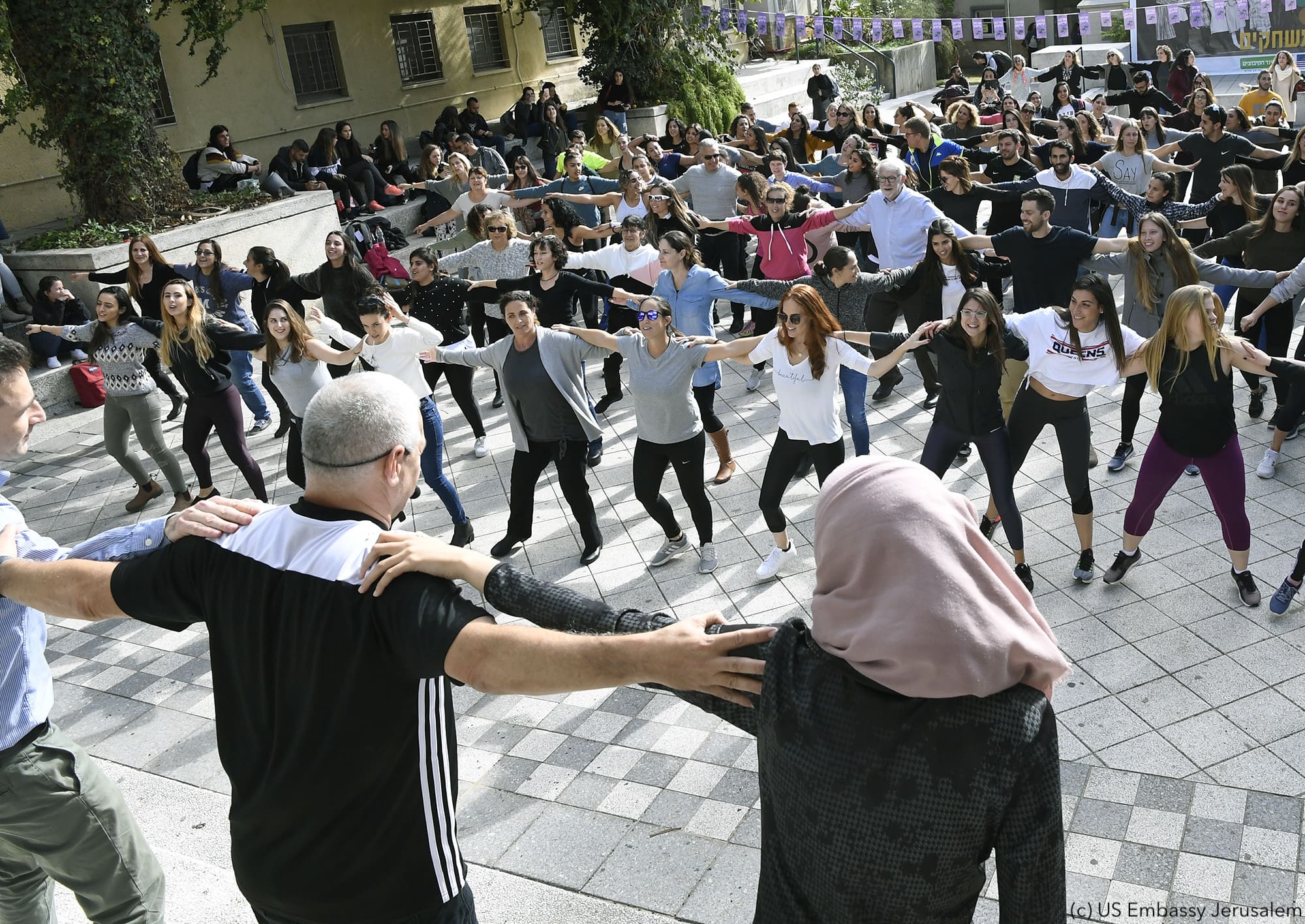
People-to-People (P2P) funded-projects are being revived in the US and Europe, threatening to undermine international law and Palestinians’ rights. Al-Shabaka’s Senior Analyst, 24588, examines the troubling implications of P2P initiatives and offers recommendations for how policymakers can counter them in order to bring about a just peace that holds Israel accountable for its violations of Palestinians’ rights.
The Palestinian Elections: Real Change or Reality Check?
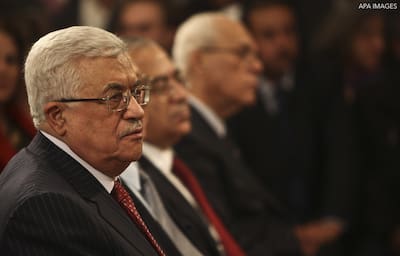
Palestinians in the West Bank and Gaza are bracing for the first general elections to take place in 15 years, while the Palestinian Authority seeks to renew its legitimacy amid shifting regional and global realities. Who are the leaders and political bodies Palestinians will be voting for? How are these elections affected by regional and […]
Focus On: Palestinian Political Leadership
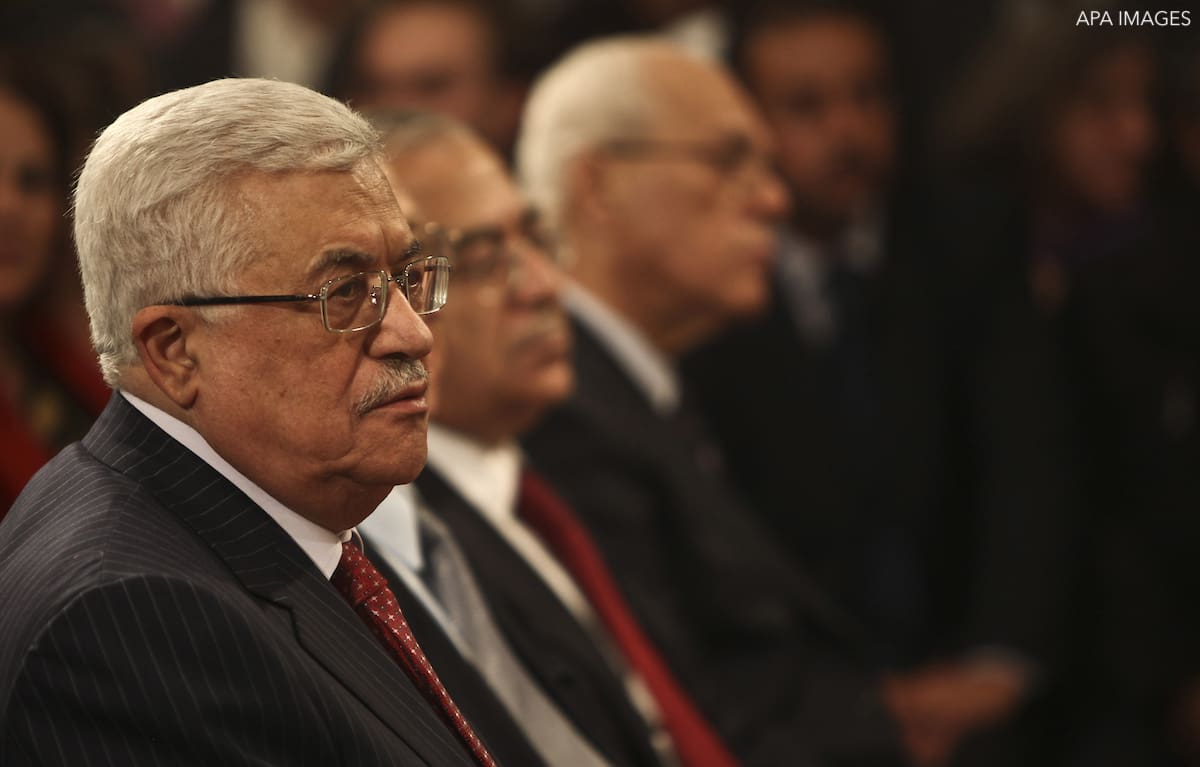
Palestinian political leadership is in a state of crisis. How did this come to be and what does the future hold? In this Focus On, we look back on several pieces authored by Al-Shabaka analysts which explore issues of Palestinian leadership in the past and present, and which propose concrete possibilities for future models that specifically engage youth.









